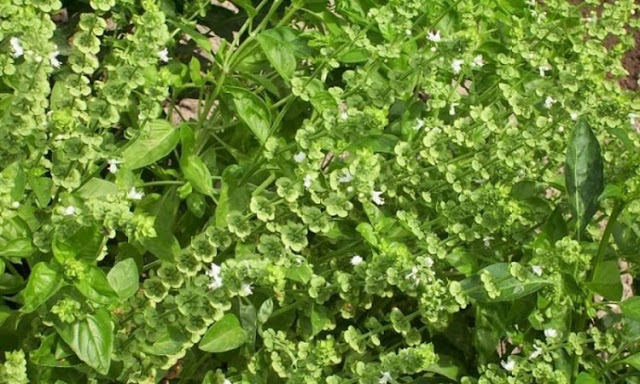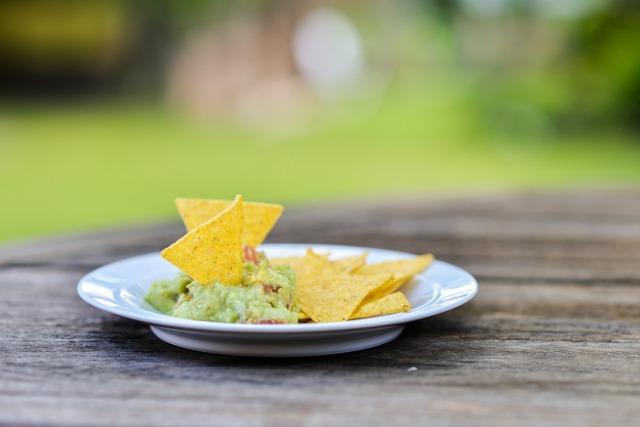Basil is used against coughs, kidney disease, headache and depression, in colds, ear infections and eardrum, but also as a restorative.
Basil is a cure for all ailments
The bushy
basil (
Ocimum basilicum), with its characteristic odor, is a spicy, medicinal and "sacred" plant, which is of particular importance in many religions. It is native to India and brought to Europe in the 12th century by monks. The Orthodox Church, Hindus, and many other peoples attribute
basil to divine power. There is a belief that no one gets cold at baptism, regardless of the time of year, because this plant has a strong anti-inflammatory effect.
Records show that they knew about her in ancient Egypt. The word
basil comes from the Greek word
basilikon meaning royal or respect for ancient cultures for its existence. The Romans identified him with love and devotion, and believed that the man would forever love the woman from whom he gets a
basil sprig, while in India he was nurtured as a symbol of welcome.
Ideal spice
As a spice,
basil gives taste to dishes, improves the digestion of heavy food and keeps it from spoiling. Cooks recommend it as a supplement to dishes made from potatoes, corn, cauliflower and blue eggplant. In Mediterranean cuisine, it is an integral part of pasta sauces and toppings. Dried
basil has a stronger taste than fresh, so it should be added to stews and various other vegetables such as peas and beans, but also to salads and spreads.
Traditional medicine also appreciates the healing properties of
basil. It is used against cough, kidney disease, headache and depression, and in the form of tea to relieve menstrual problems. Leaf juice is used against colds, ear infections and eardrum, but also as a restorative. It is also effective in inflammation of the urinary tract, to eliminate insomnia and relieve nervousness, and stimulate appetite.
Basil tea should definitely be suckled by breastmilk because it promotes milk production. It is prepared by pouring the leaves of the dried herb with boiling water and letting it stand for ten minutes. This drink can be drunk every day, but after eight days it should take a two-week break.
Official medical research has shown that fresh
basil successfully treats painful swollen joints, and especially those affected by arthritis. Experts claim that the leaves of this plant act similarly to diclofenac tablets. Eugenol, which gives the
basil a distinctive aroma, and is found most in the Asian species, is a key anti-inflammatory ingredient.
Due to its sedative effect, it is not recommended for pregnant women at the beginning of pregnancy or for babies younger than six months.
A powerful antioxidant
Basil has strong antioxidant properties, which protect the body from damage caused by free radicals. At the same time, they prevent cell aging and the occurrence of certain types of cancer. Beta-carotene, which is converted into vitamin A in the body, is one of the key antioxidants because it prevents oxidation of cholesterol in the bloodstream, thus protecting the heart and blood vessels.
Basil also strengthens the heart muscle, preventing heart attacks.
Essential oil
The sweet aromatic
basil leaves contain enviable amounts of essential oil, saponin tannin and bitter substances. There are estragol, linalol, cineole and other antiseptic ingredients in the essential oil that destroy harmful bacteria in food, preventing them from multiplying. Due to these characteristics,
basil essential oil is an outstanding natural preservative and is also used in the pharmaceutical industry.



Comments
Post a Comment